Events
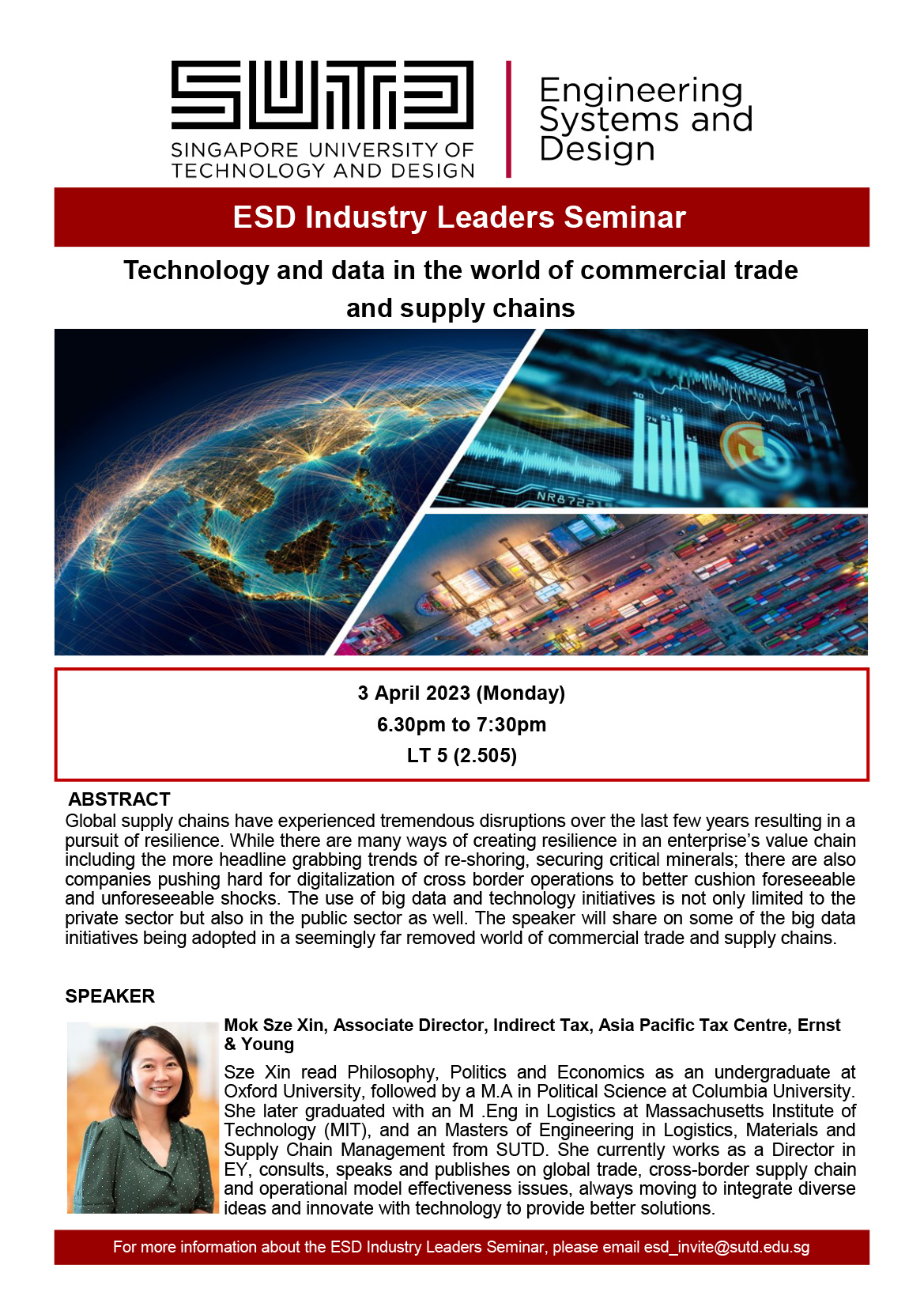
Mok Sze Xin (Ernst & Young) – Technology and Data in the World of Commercial Trade and Supply Chains
Mok Sze Xin (Ernst & Young) – Technology and Data in the World of Commercial Trade and Supply Chains

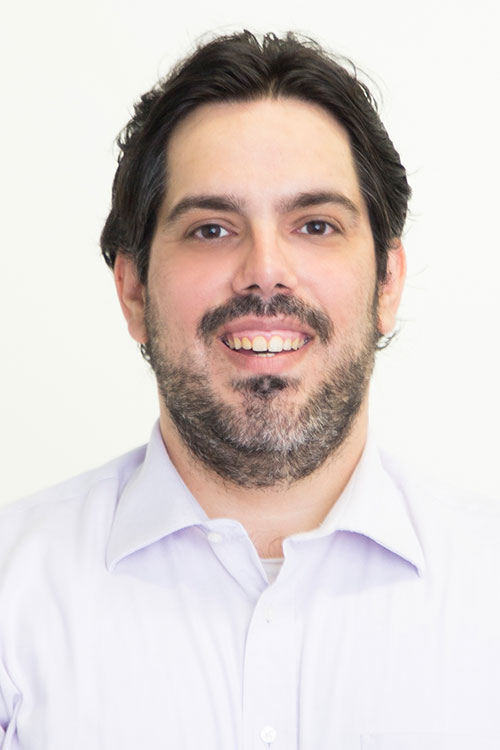
Technology and Data in the World of Commercial Trade and Supply Chains
Technology and Data in the World of Commercial Trade and Supply Chains

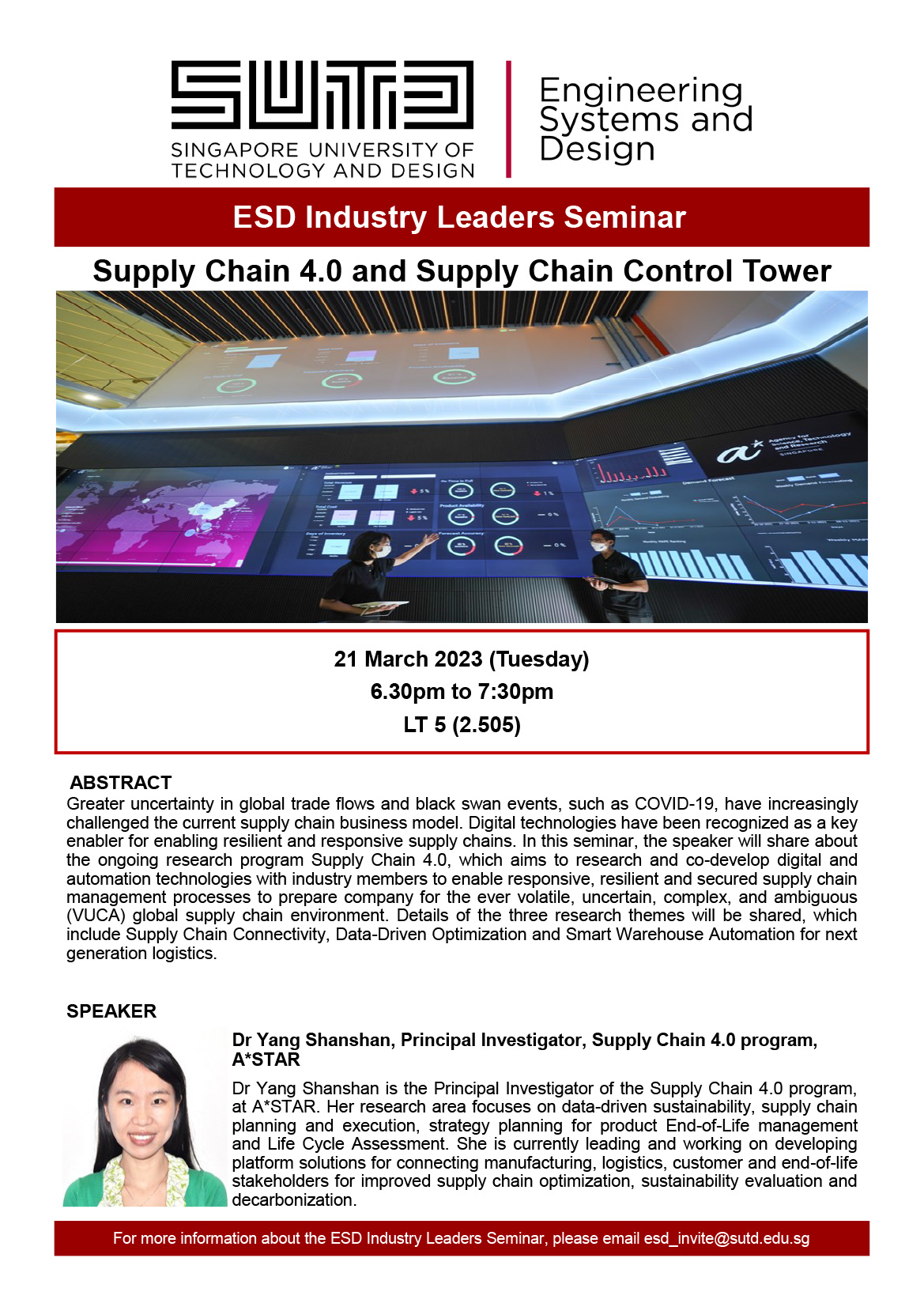
Yang Shanshan (A*STAR) – Supply Chain 4.0 and Supply Chain Control Tower
Yang Shanshan (A*STAR) – Supply Chain 4.0 and Supply Chain Control Tower

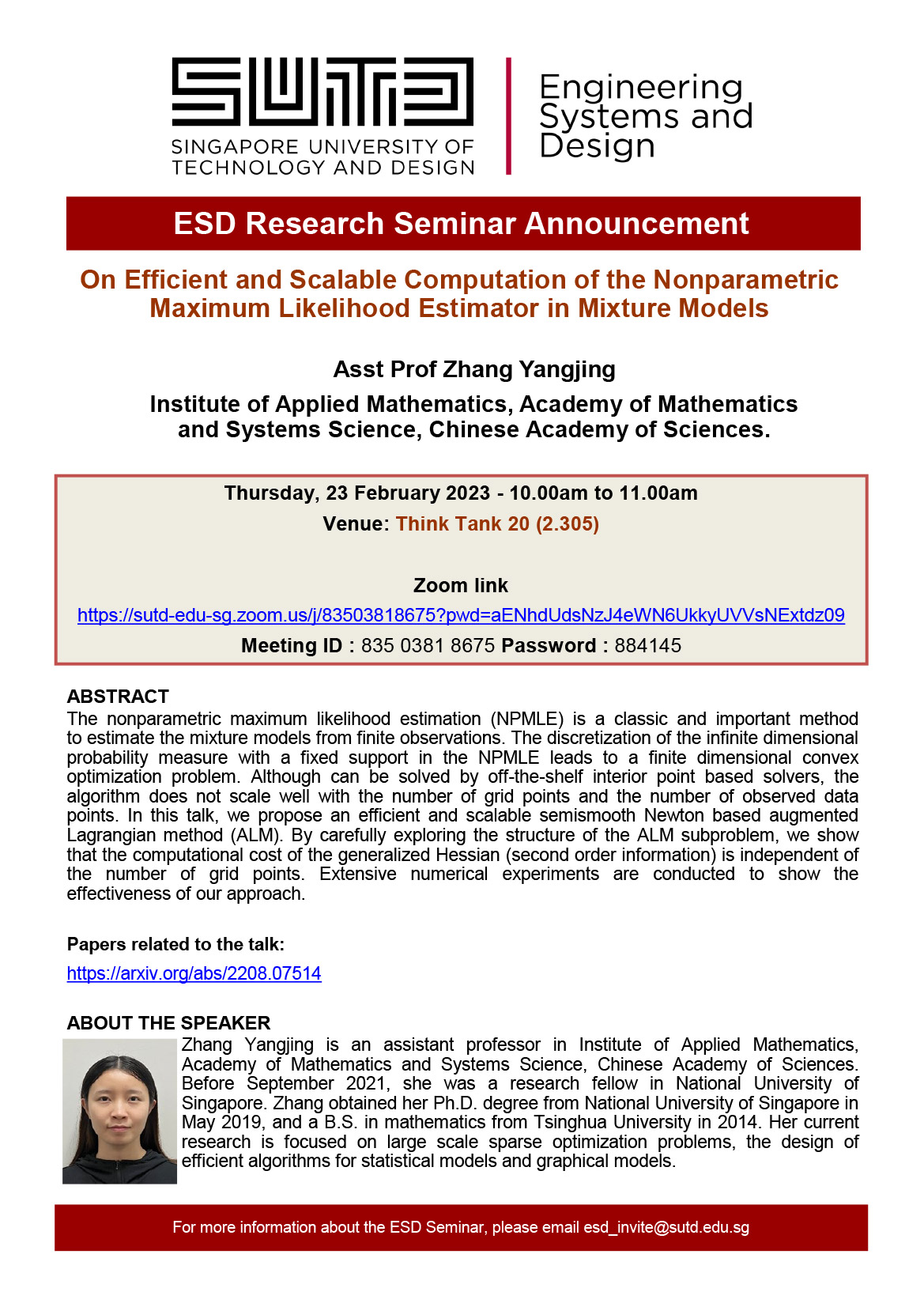
Zhang Yangjing (Chinese Academy of Sciences) – On Efficient and Scalable Computation of the Nonparametric Maximum Likelihood Estimator in Mixture Models
Zhang Yangjing (Chinese Academy of Sciences) – On Efficient and Scalable Computation of the Nonparametric Maximum Likelihood Estimator in Mixture Models

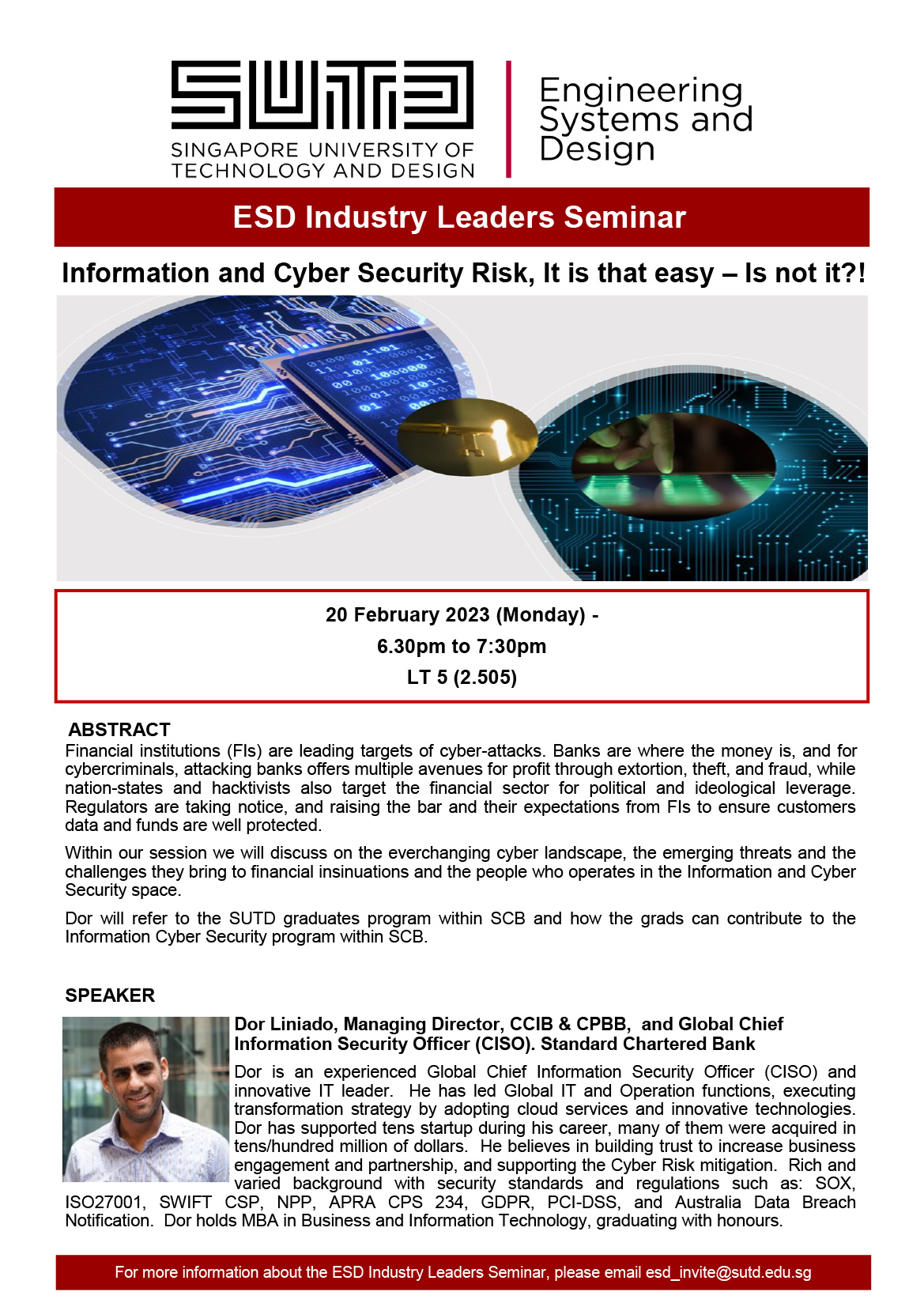
Dor Liniado (Standard Chartered Bank) – Information and Cyber Security Risk, It is that easy – Is not it?!
Dor Liniado (Standard Chartered Bank) – Information and Cyber Security Risk, It is that easy – Is not it?!


Rajan Udwani (University of California, Berkeley) – Submodular Order Functions and Assortment Optimization
Rajan Udwani (University of California, Berkeley) – Submodular Order Functions and Assortment Optimization


Wellington Foo (Mitra Famosa International) – Limitations of Automation in our Logistics Industry
Wellington Foo (Mitra Famosa International) – Limitations of Automation in our Logistics Industry

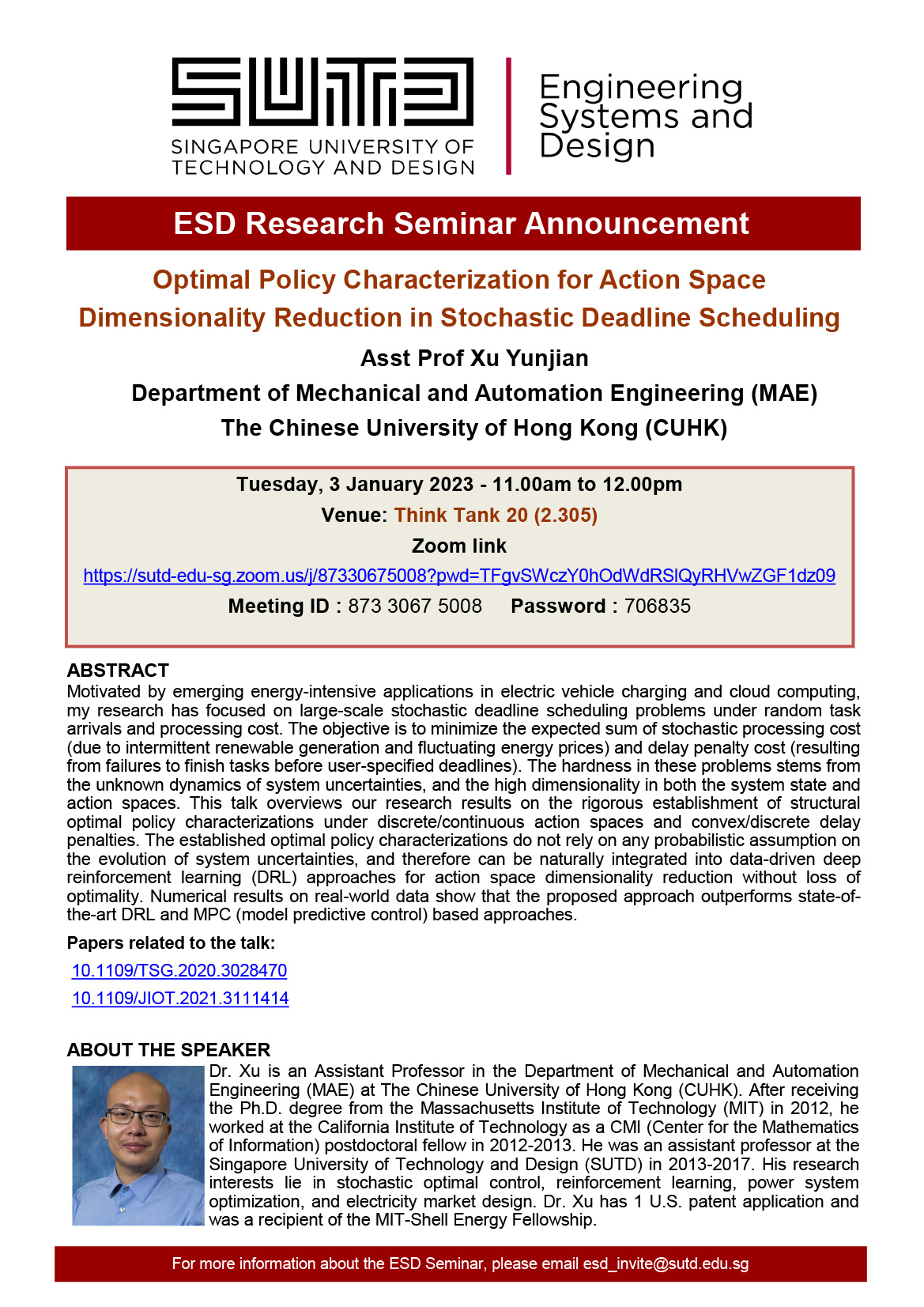
Xu Yunjian (The Chinese University of Hong Kong) – Optimal Policy Characterization for Action Space Dimensionality Reduction in Stochastic Deadline Scheduling
Xu Yunjian (The Chinese University of Hong Kong) – Optimal Policy Characterization for Action Space Dimensionality Reduction in Stochastic Deadline Scheduling

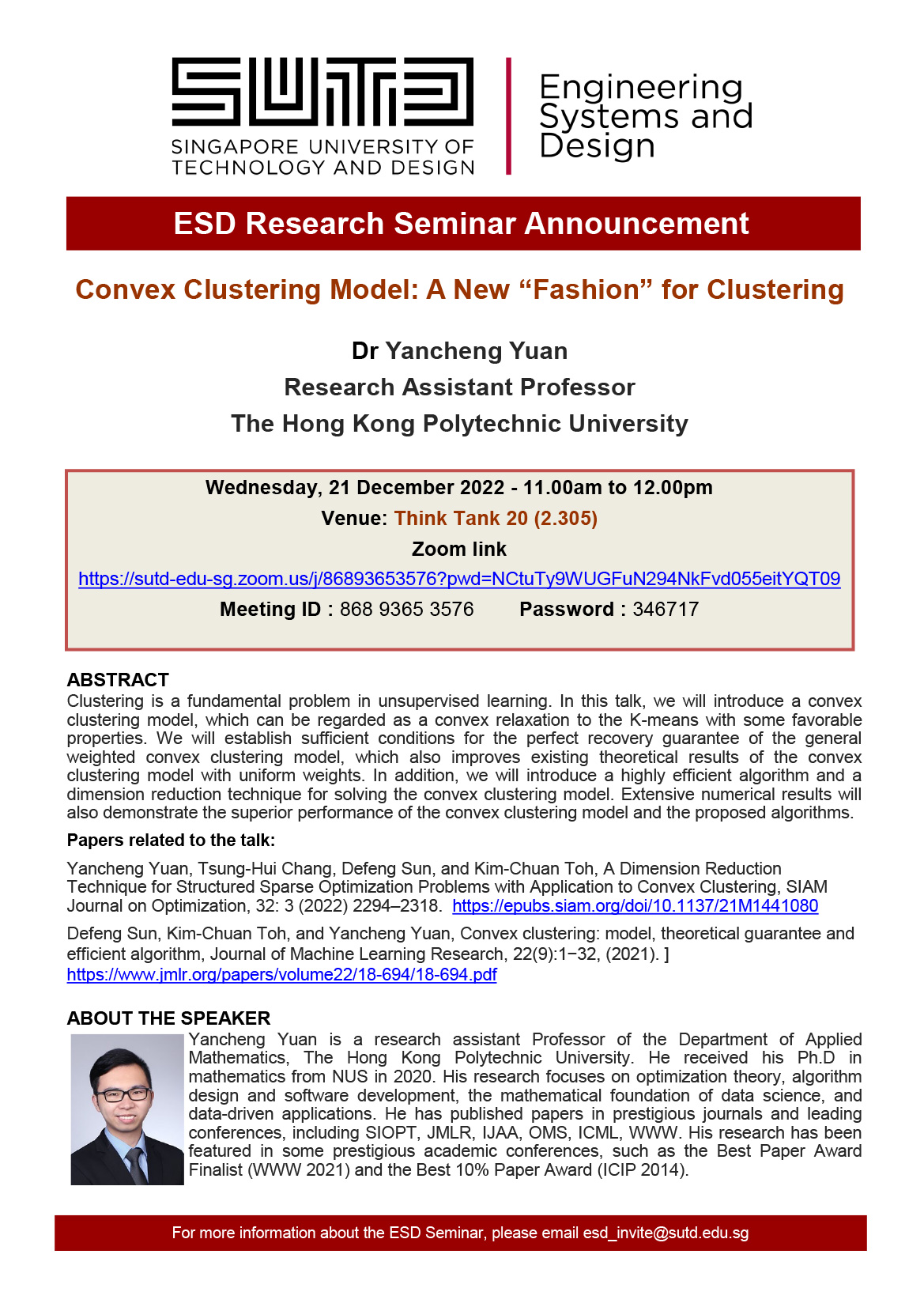
Yancheng Yuan (The Hong Kong Polytechnic University) – Convex Clustering Model: A New “Fashion” for Clustering
Yancheng Yuan (The Hong Kong Polytechnic University) – Convex Clustering Model: A New “Fashion” for Clustering

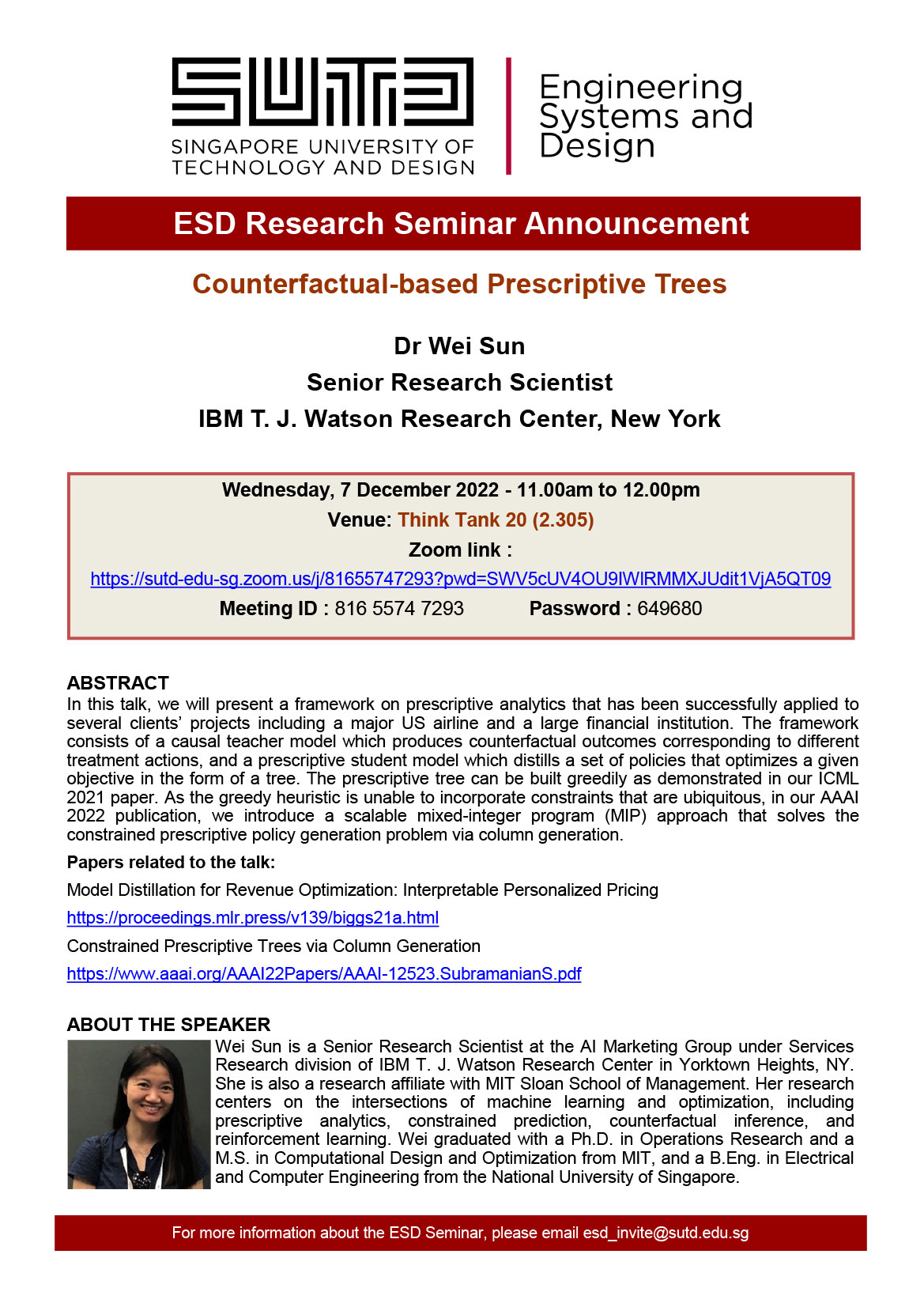
Wei Sun (IBM T. J. Watson Research Center) – Counterfactual-based Prescriptive Trees
Wei Sun (IBM T. J. Watson Research Center) – Counterfactual-based Prescriptive Trees

